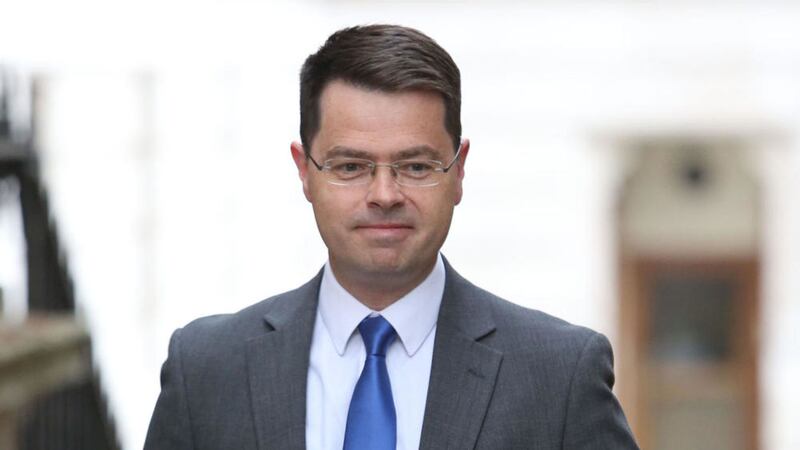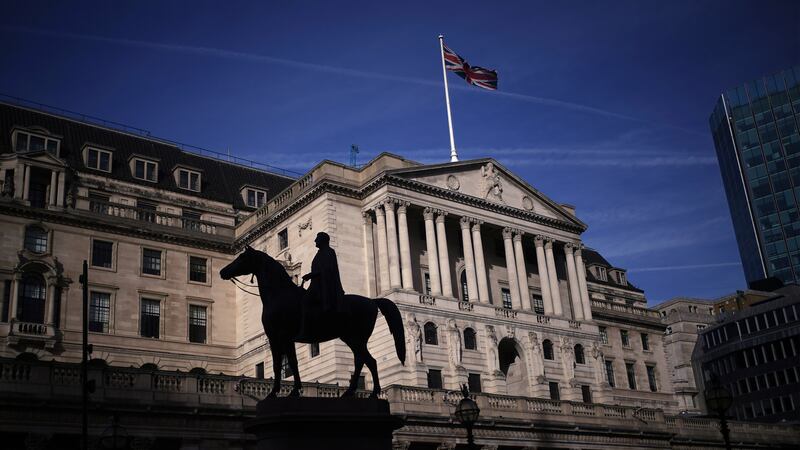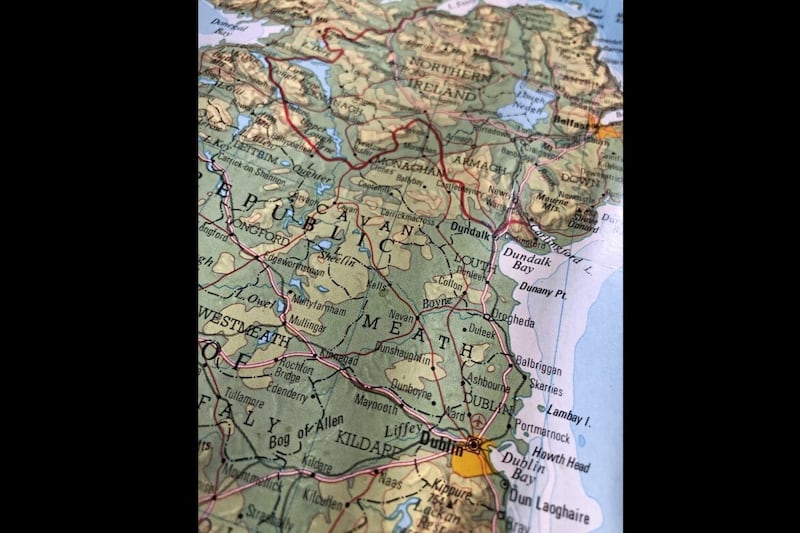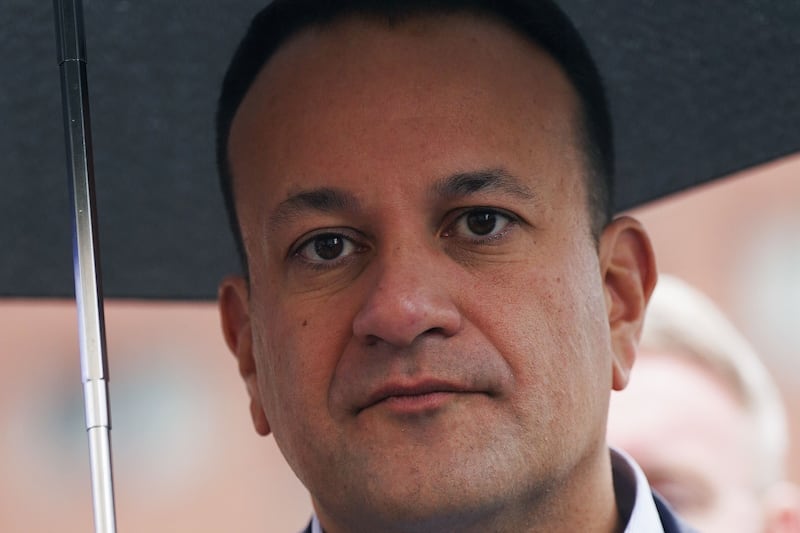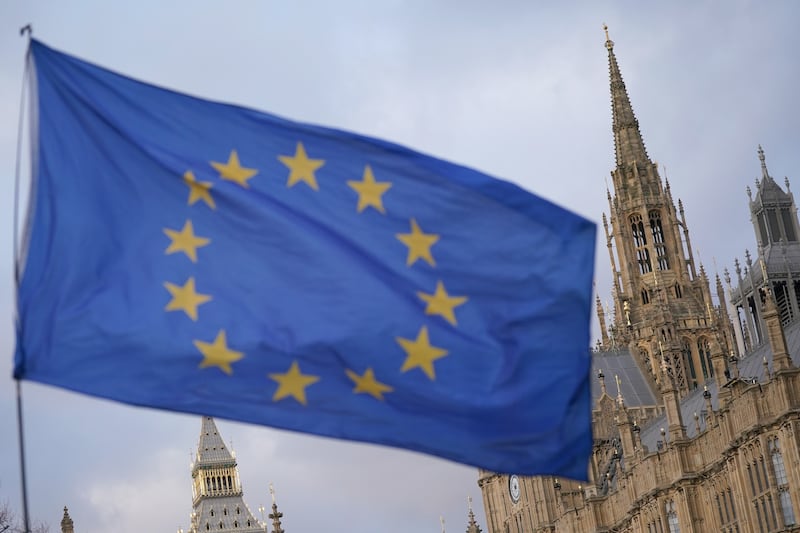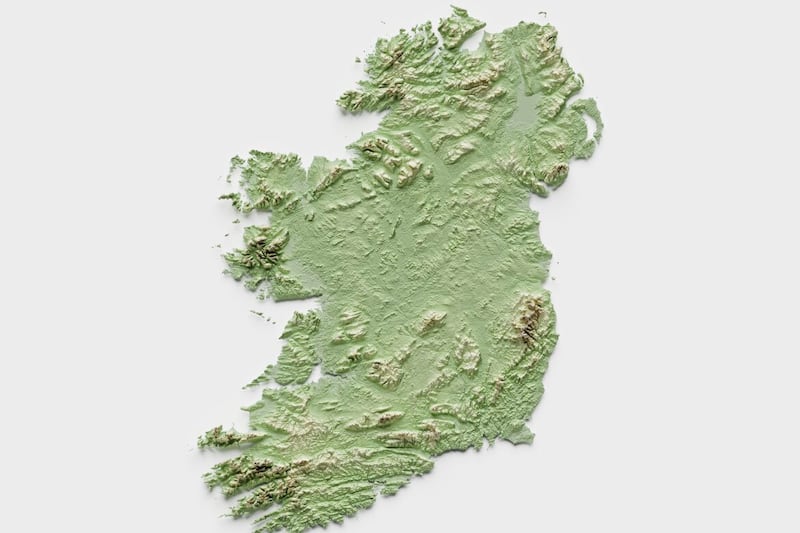MORE than two-thirds of people in the Republic would vote for a united Ireland, a new poll has revealed.
The Sunday Business Post / Red C opinion poll found there has been a slight rise in support for a united Ireland, with a similar survey from July showing that 65 per cent were in favour of an end to partition.
In the latest survey 67 per cent of respondents said they would like to see Irish unity as a by-product of Brexit.
The findings represent a 10 per cent jump in support for a united Ireland since Red C first posed the question for the Sunday Times in 2010.
The latest poll also revealed that one in three in the south said they planned to shop in the north to take advantage of the weak pound. Over half of those surveyed in border counties stated their intention to head across the border for a bargain.
The shock Brexit result in June sparked a renewed debate about a referendum on the Irish border.
In the wake of the landmark result Sinn Féin called for a vote on Irish unity, but this was dismissed by First Minister Arlene Foster who said such a vote would not happen.
Speaking in July Northern Ireland Secretary, James Brokenshire moved to effectively rule out the possibility of a referendum on Irish unity. He told MPs during a Westminster debate that he did not believe the conditions required to call a border poll had been met.
"The conditions are set out very clearly in relation to the Belfast Agreement and I have been very clear that I do not think those conditions have been met," he said.
A previous border opinion poll jointly commissioned by RTÉ and BBC at the end of last year found that 66% of people in the south wanted to see a united Ireland, but that number fell to just 31 per cent if it meant paying any extra tax to facilitate that happening.
In the north a poll conducted for BBC show 'The View' in September showed that 63 per cent of people would vote to stay within the UK if there was a border vote, with 22 per cent voting in favour of a united Ireland.
The same survey conducted three years earlier showed a slight reduction in the numbers voting to stay in the UK and a five per cent increase in the number wishing to be part of a united Ireland.
